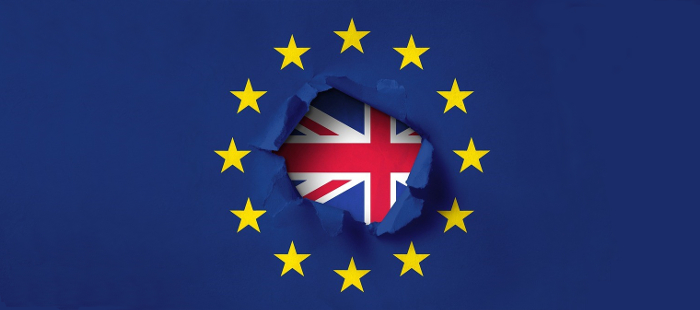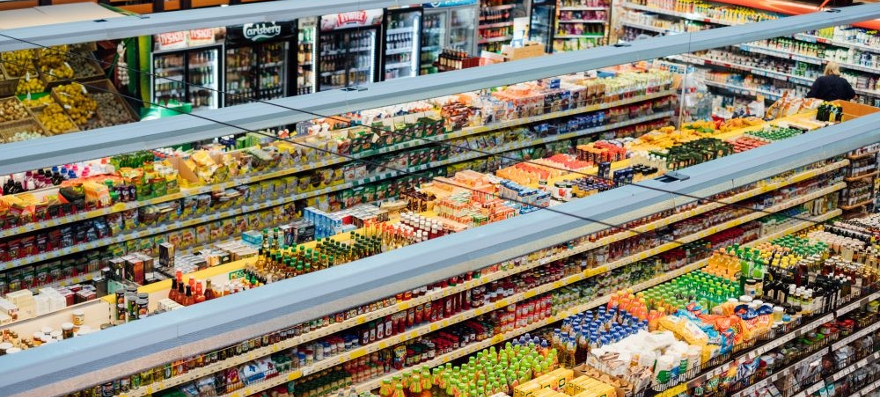
Brexit is without a doubt the dominant political topic of the past few years, and despite the referendum taking place more than three years ago, we’re still unsure as to how our withdrawal from the European Union will play out, or even if it will at all.
As a consequence, many of the country’s essential industries are facing uncertainty in terms of attempting to understand what their future will look like, particularly in the face of further delays due to a pre-Christmas election.
In this article, we’re going to consider the food and drink industry, and how some of the likely outcomes may affect them post-Brexit.
The Landscape
Firstly, we should explore how broad and far-reaching the food and drinks industry really is, and we can separate these into three primary sub-sectors:
- Manufacturing and production
- Retail
- Catering and hospitality
Processed food and drink is the UK’s largest manufacturing industry, with over 400,000 employees working within this industry alone, with Gross Value Added totals topping £30bn per annum, and once you factor catering and retail into the mix, that figure exceeds a massive £100bn. Employees across all food-related industries total nearly 4 million, so when you think about these figures, it’s easy to see the complexities of the Brexit challenge ahead.
Currently, the UK has rejected Boris Johnson’s first Brexit deal, and the Brexit deadline has been pushed back to January 2020. The deal agreed by the UK and the EU is supposed to establish the post-withdrawal relationship between the UK and the rest of the European Union.
Despite the agreement between Johnson’s Government and the powers that be in Brussels, the deal failed to get through parliament, so at this point, we’re faced with the possibility of a new Government or even a no-deal come January 31st.
So how can any of these outcomes impact the food and drinks industry?

What Would ‘No-Deal’ Look Like?
The food and drinks sector has been quite vocal on its objection to a no-deal. It would cause negative ramifications in every niche within the industry, including retail, hospitality and manufacturing while exposing the vulnerabilities of raw and processed food exports.
In 2016, food imports and exports between the UK and the EU boiled down to an average of £1,300 every second. Should the UK end up leaving the EU with no deal, more substantial tariffs will need to be added to exports, which makes British products far harder to sell around Europe. This, of course, would leave a considerable amount of businesses hanging in the balance, which could cripple livelihoods and revenue streams.
Further issues could arise at the border. Currently, the UK’s food and drinks ethics are entirely aligned with EU regulation, and it’s probably the case that this would continue. However, the EU would be well within their rights to insist that additional checks on UK goods are being met, which would take more time, therefore more money.
Much like most manufacturing sectors, food and drink rely on the ‘just in time principle’, which couldn’t cope with further delay, making the supply chain more complicated and time-intensive.
Of course, this problem would exist going in the opposite direction as well. Retail, catering and hospitality use a great deal of food exported from EU countries, such as wines, cheeses and olives, and this could become far costlier as a direct result of higher tariffs and border delays.
There has even been some concern over food scarcities given the likelihood of further delay and expense.
What Would a ‘Free Trade Agreement’ Look Like?
Formulating some kind of free trade agreement that provides smooth transportation of goods between the UK and the EU is an essential requirement if any deal is to be passed. It would protect not only trade but also the value of British products in a European market.
However, issues would still arise from this as a result of the UK being a third party to the single market, regardless if smooth trading is agreed. While the customs union is designed to set standard tariffs on goods coming from outside the union, the single market is about free-flowing trade between countries within it, and for this to work the ‘four pillars’ need to be applied, which are free movement of:
- Goods
- Capital
- Services
- Labour
It’s the latter of these four that could be a sticking point.
The European Union insists that the free movement of people must include the benefits of the single market, which can no longer be the case when the UK leaves the union.
The food and drinks industry is reliant on workers from across Europe. In fact, foreign nationals from around the EU makeup around 30% of the food and drink manufacturing industry, with many more in the retail and catering sectors.
It’s easy to see how no further clarity on the future of free movements could impact the integrity of many businesses, especially since many of these workers are at a skilled level.
Does This Present Any Opportunities for The Food & Drinks Industry?
There are some potential opportunities for the food and drink industry post-Brexit, but they come with conditions.
Leaving the customs union would leave the UK free to negotiate trade with other countries throughout the world. Currently, no EU country can negotiate trade deals with outside countries, because a standard tariff is placed on all imports into the European bloc.
Some suggest that the UK’s food exports across the globe have been hindered because of EU restrictions, and we are too reliant on exporting our goods to Europe. The Far East would be a considerable market for the UK to crack, especially given the strong desire for luxury items, which the British food and drink industry could provide.
However, trade deals can take time to wrap up, which is not something that many UK businesses will have the luxury of if the UK leaves with no deal. Additionally, the logistics of moving goods across shorter distances is always going to be far more cost-effective than travelling halfway around the world.
Another issue is that of regulation. By now, we already know that the UK follows the EU’s standards, which could be subject to change, of course. This is especially true for any trade agreements we may strike with the US for example, who are very likely to insist on a reduction in the food standards.
The EU’s food and drink standards are very comprehensive, which could mean that switching to new standards, may not only be costly and time-consuming, but unpopular too since it takes into account things like animal welfare.
British consumers are likely to be less than impressed with a reduction in food standard, which could impact retailers, catering operations and restaurants.
Conclusion
As expected, Brexit is a highly convoluted situation and is one that is evolving on a daily basis but based on the evidence it seems as though no outcome will create an immediate net positive effect on the food and drink industry.
It means that any trade deal that is eventually agreed, will need to create avenues for growth in the future, but until we finally do leave the EU, nothing is guaranteed.
If you have any questions about anything we’ve covered in this blog or any of our other services, then don’t hesitate to contact us.
